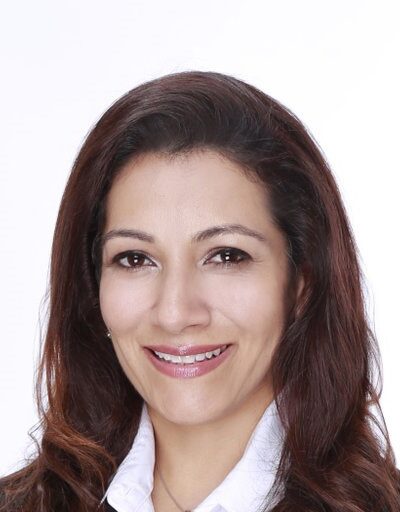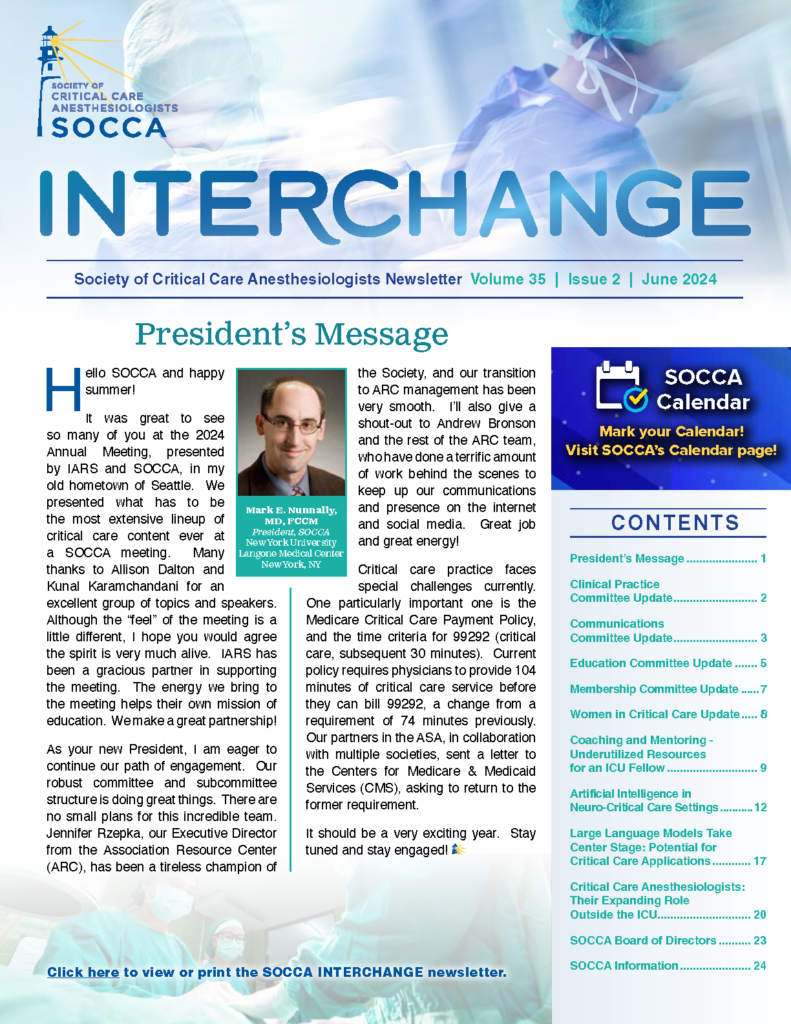Women in Critical Care: Year in Review
SOCCA WICC ended the year with a Fireside chat featuring three Intensivists in different phases of their career to share their unique journeys in academia, professional life, and career challenges. Drs. Sheela Pai Cole, Brigid Flynn, and Emily Vail joined Drs. Tabaie and Siddiqui to host the fourth and final Fireside Chat for WICC in November. Dr. Tabaie moderated the panel and asked varied questions of the speakers about mentorship, balancing academic focus and clinical demands, strategies for saying ‘no’ to opportunities when stretched, and pulling back and re-engaging with an academic career due to family obligations. The panelists spoke with candor and authenticity and shared wise pearls of experiential learning and advice on resilience. The chat provided a welcome semi-formal atmosphere for the audience to hear from successful academic intensivists and have them share workplace experiences, offering a space for support and for practicing methods to achieve career advancement.
WICC hopes to provide a sense of community, a chance for mentorship and clinical and academic opportunities for women in critical care to build a network and share stories. In 2024 we hope to continue our focus on mentorship and coaching. We hope to hear from our membership and to develop a list of women anesthesiology-trained intensivists in the U.S. who wish to join us in this vision and mission.
We also would like to hear from WICC members about any specific questions and issues faced in academic or private practice careers, work-life balance, clinical practice, or research. Our steering committee would be happy to hear from you, discuss your queries with previous Fireside Chat speakers who have offered their time and experience in helping us coach and mentor, and get back to you. McKinsey Research has revealed that most of the leadership behaviors deemed most effective for addressing future challenges—inspiration, participative decision-making, setting expectations and rewards, people development, and role modeling—are already exhibited frequently by women. We hope to use this enormous talent within WICC to augment important opportunities for women to become better equipped for the challenges and associated barriers faced in a competitive field.

Sheida Tabaie, MD
Secretary, SOCCA Service Chiefs’ Advisory Council (SCAC)
Weill Cornell Medicine
New York, New York
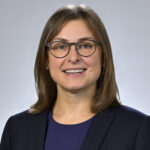
Emily Vail, MD, MSc
University of Pennsylvania
Philadelphia, PA
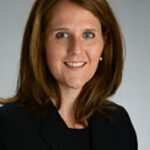
Brigid C. Flynn, MD
Secretary, Society of Critical Care Anesthesiologists
University of Kansas Medical Center
Kansas City, Kansas
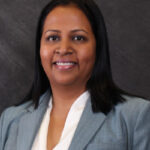
Sheela Pai Cole, MD, FASE, FASA
Stanford University Medical Center
Stanford, California
